by Pastor Audrey
This cylinder with shadow was painted from memory and is missing its core shadow!
In last week’s Painting as a Spiritual Practice session, we looked at light and shadow with the aid of spotlights that we set up with a variety of objects to observe: cones, cylinders, and cubes along with pumpkins and apples for a touch of fall. The idea was to really spend time observing the play of light and shadow and how the interaction between the two creates form, depth, and dimension. As one of the co-facilitators of this painting series, I hung back from the observation part at first, wanting to create space for the participants. So I started the exercise of painting shadows on a cylinder and an apple from memory.
Then the most amazing thing happened – I went to actually observe the objects set up in the spotlight and I noticed a dark band of shadow right next to the lightest part, not farthest away from it as my memory had me believe! We learned from another participant that this is called the “core shadow.” It’s the darkest area of a shadow on an object like a cylinder and is where the light and dark meet.
That has really given me something to chew on this past week. In the spiritual life, our shadows are the parts of ourselves that we are ashamed of, hate, fear, or repress. And thinking about something like a “core” shadow, I’d initially imagined the core as being at the deepest part within oneself. But this idea of a core shadow on an object puts that darkest part right next to the light.
Last week I also started reading Richard Rohr’s book The Universal Christ and came across this thought of his: “Some people feel called and agree to not hide from the dark side of things or the rejected group, but in fact draw close to the pain of the world and allow it to radically change their perspective.” (p. 148)
Now if you can follow with me on one more extended thought, that line from Rohr reminded me of the wisdom of Frederick Beuchner, who in his 1973 book Wishful Thinking wrote this gem about vocation: “The place God calls you is the place where your deep gladness and the world’s deep hunger meet.” Vocational discernment is the reason why it’s so important for individuals and communities to do serious reflection. This is not selfish navel-gazing; it’s hard work for the sake of the world.


